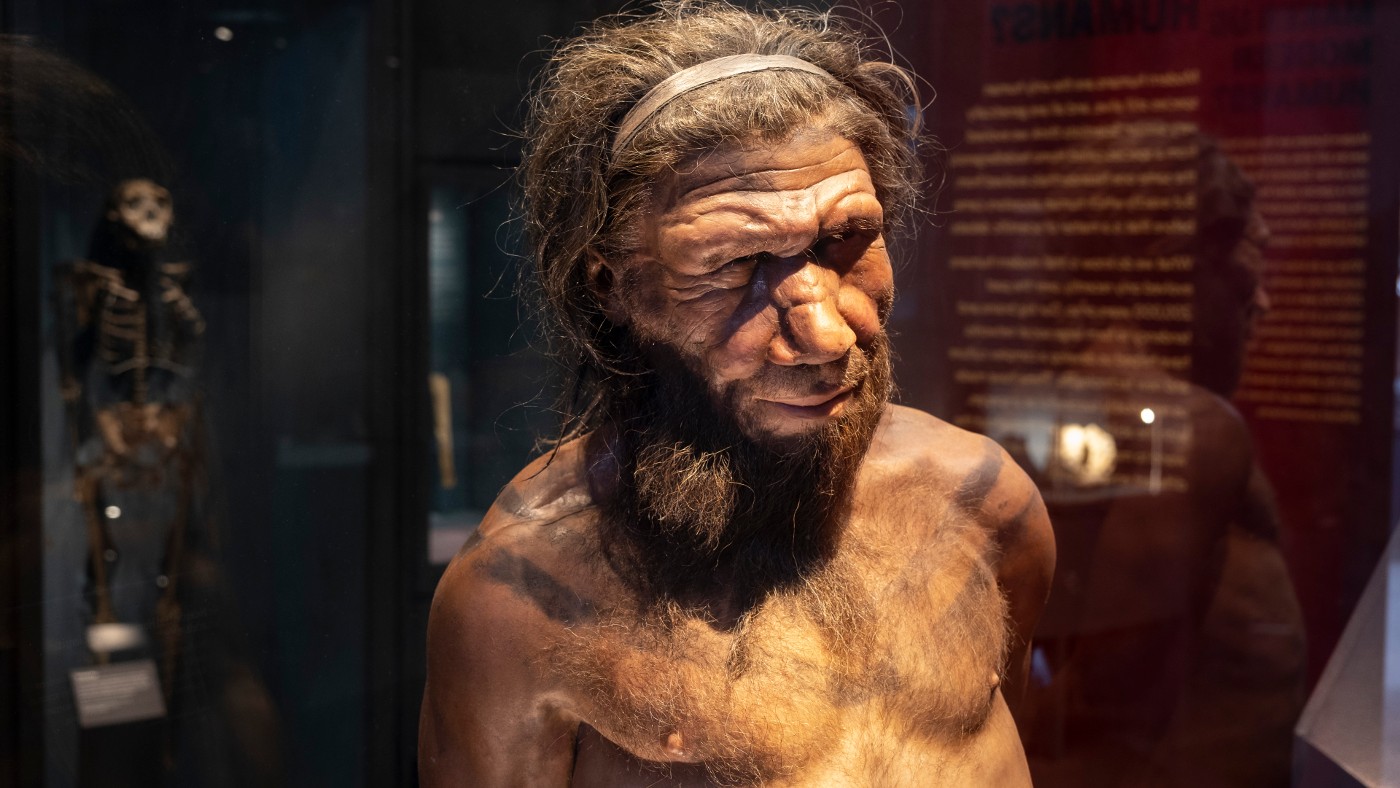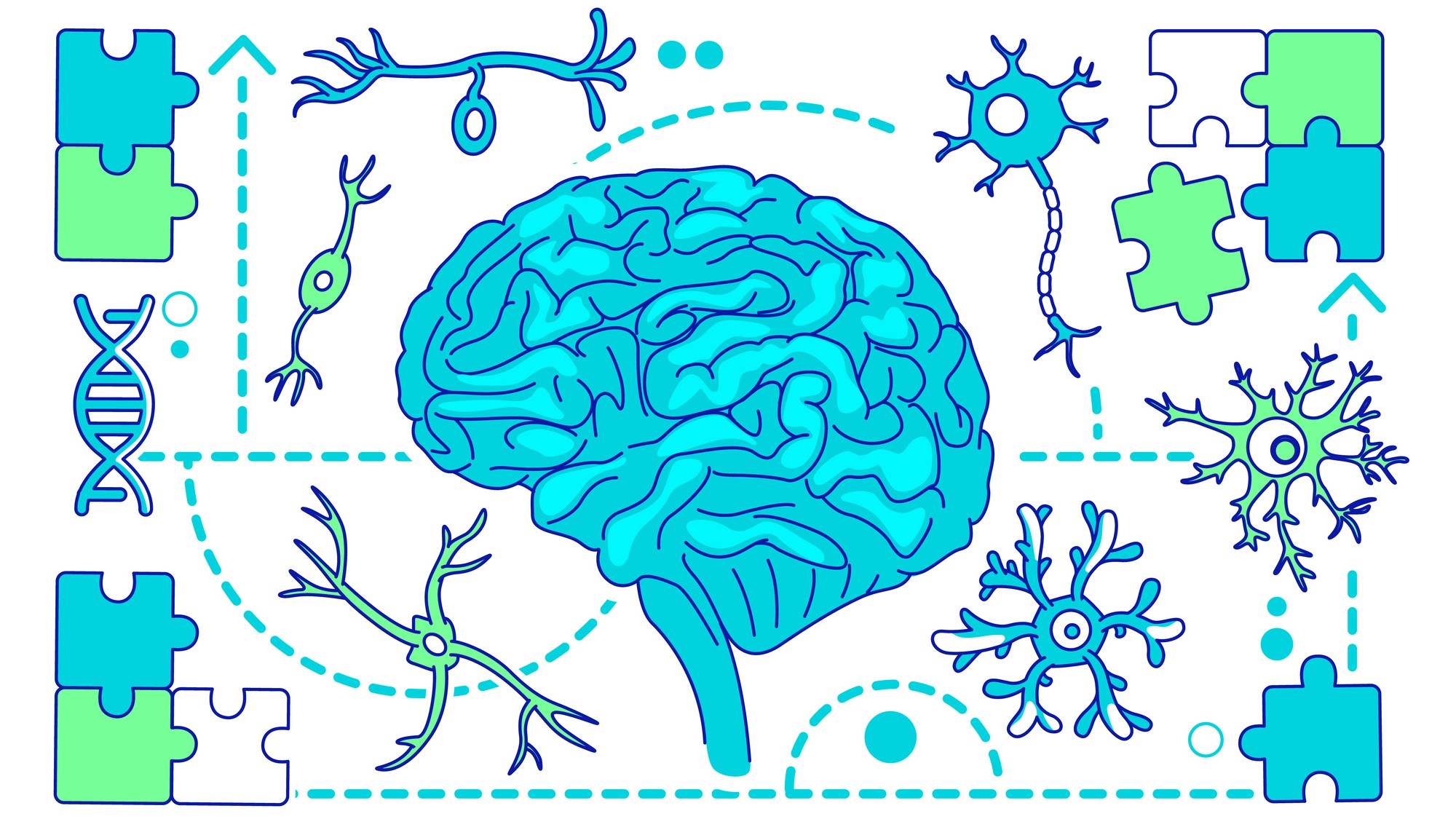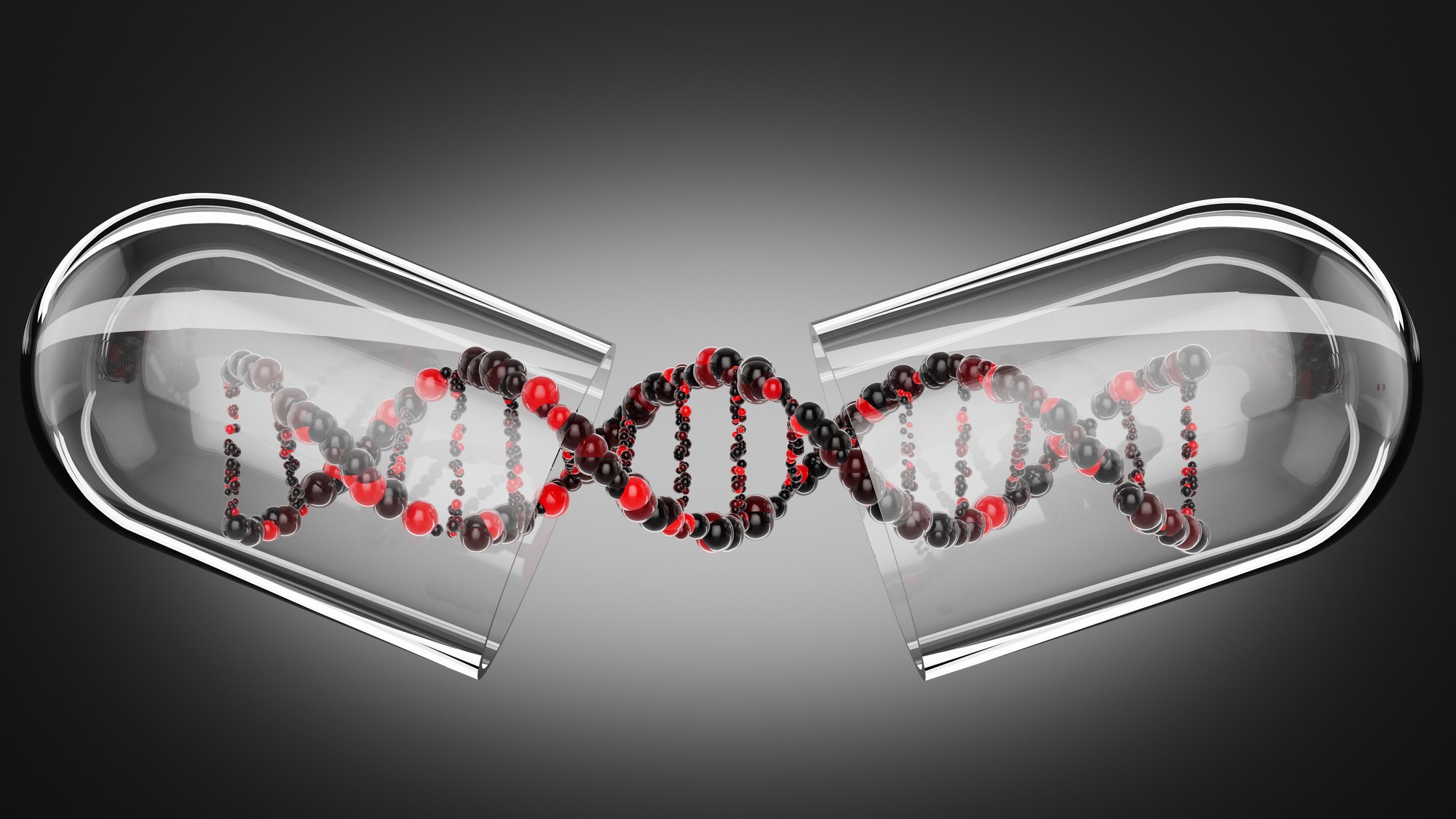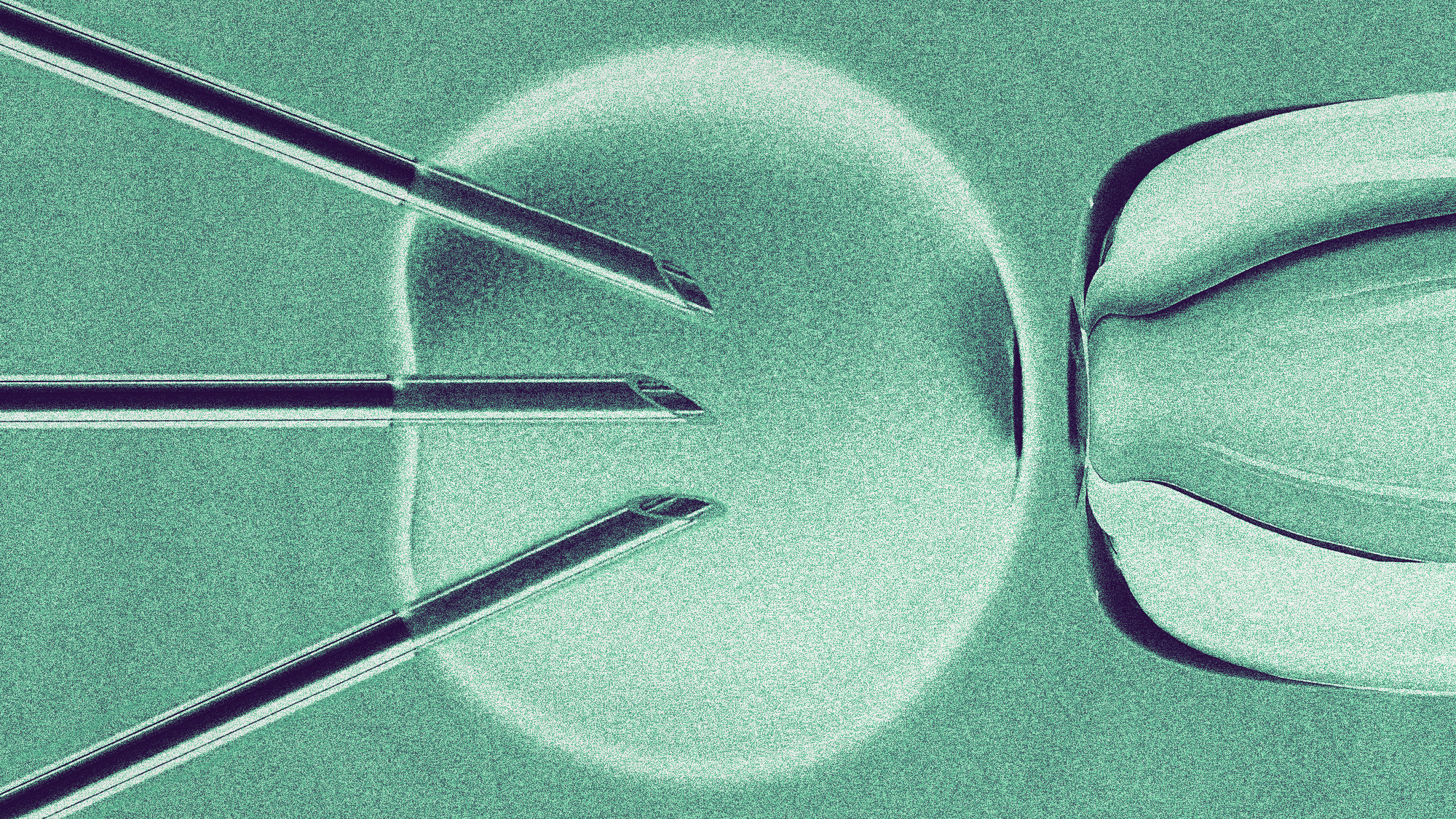Neanderthal gene ‘caused up to a million Covid deaths’
Genetic tweak found in one in six Britons means cells in the lungs are slower to launch defences

A free daily email with the biggest news stories of the day – and the best features from TheWeek.com
You are now subscribed
Your newsletter sign-up was successful
A single Neanderthal gene is likely to be responsible for up to a million Covid deaths, an Oxford academic has claimed.
Dr James Davies, from the university’s Radcliffe Department of Medicine, said the number of deaths globally from this genetic variant, which is found in one in six Britons, “is in the hundreds of thousands to a million”, reported The Telegraph.
Which gene is to blame?
The LZTFL1 gene is a Neanderthal gene found on chromosome three. The Times said the genetic tweak was the result of what “may have been the most disastrous one-night stand in the history of humanity”. It happened 60,000 years ago somewhere in the Middle East, when “two humans, slightly different in looks and stature, met and had sex”.
The Week
Escape your echo chamber. Get the facts behind the news, plus analysis from multiple perspectives.

Sign up for The Week's Free Newsletters
From our morning news briefing to a weekly Good News Newsletter, get the best of The Week delivered directly to your inbox.
From our morning news briefing to a weekly Good News Newsletter, get the best of The Week delivered directly to your inbox.
Some 40,000 years after the last Neanderthal died out, the genetics “sown at that one romantic meeting reaped a pandemic whirlwind”, the paper added.
Why did it cause so many deaths?
When scientists compared the genomes of about 2,000 people who had suffered from severe Covid with the same number who did not, one difference stood out.
“It’s a single-letter difference out of three billion,” Davies said, who was appearing at the Cheltenham Science Festival. “This tiny section of DNA doubles your risk of dying from Covid.”
His team found that the gene changes how a cell behaves when the Sars-CoV-2 virus binds to the ACE2 receptor on a human cell, said The Telegraph. It means that cells in the lungs are slower to launch defences in response to infection.
A free daily email with the biggest news stories of the day – and the best features from TheWeek.com
“What this high risk variant does is it creates a new signal that tells that gene to stay on for slightly too long in response to infection,” Davies said. “And so they stay in this state where they’re highly specialised, and they're prone to infection for longer.”
Approximately 15% of Europeans have the Neanderthal form of the gene, and around 60% of South Asians do.
This is not the first time that Neanderthal genes have been linked with more grave Covid symptoms. In October 2020, a study concluded that genes passed down from our Neanderthal ancestors may increase our risk of contracting a more severe form of Covid-19.
Neanderthals were a close human ancestor that mysteriously died out around 40,000 years ago. The Daily Mail said that, although they were long thought to be “dim-witted and brutish”, in recent years evidence has pointed to a more “sophisticated and multi-talented kind of ‘caveman’”.
-
 Political cartoons for February 15
Political cartoons for February 15Cartoons Sunday's political cartoons include political ventriloquism, Europe in the middle, and more
-
 The broken water companies failing England and Wales
The broken water companies failing England and WalesExplainer With rising bills, deteriorating river health and a lack of investment, regulators face an uphill battle to stabilise the industry
-
 A thrilling foodie city in northern Japan
A thrilling foodie city in northern JapanThe Week Recommends The food scene here is ‘unspoilt’ and ‘fun’
-
 A Nipah virus outbreak in India has brought back Covid-era surveillance
A Nipah virus outbreak in India has brought back Covid-era surveillanceUnder the radar The disease can spread through animals and humans
-
 Covid-19 mRNA vaccines could help fight cancer
Covid-19 mRNA vaccines could help fight cancerUnder the radar They boost the immune system
-
 The new Stratus Covid strain – and why it’s on the rise
The new Stratus Covid strain – and why it’s on the riseThe Explainer ‘No evidence’ new variant is more dangerous or that vaccines won’t work against it, say UK health experts
-
 RFK Jr. vaccine panel advises restricting MMRV shot
RFK Jr. vaccine panel advises restricting MMRV shotSpeed Read The committee voted to restrict access to a childhood vaccine against chickenpox
-
 Human evolution may be responsible for autism rates
Human evolution may be responsible for autism ratesUnder the radar Neurodiversity and a complex brain may go hand in hand
-
 Scientists are speeding up evolution
Scientists are speeding up evolutionUnder the radar Proteins can evolve in minutes
-
 Babies born using 3 people's DNA lack hereditary disease
Babies born using 3 people's DNA lack hereditary diseaseUnder the Radar The method could eliminate mutations for future generations
-
 RFK Jr. scraps Covid shots for pregnant women, kids
RFK Jr. scraps Covid shots for pregnant women, kidsSpeed Read The Health Secretary announced a policy change without informing CDC officials